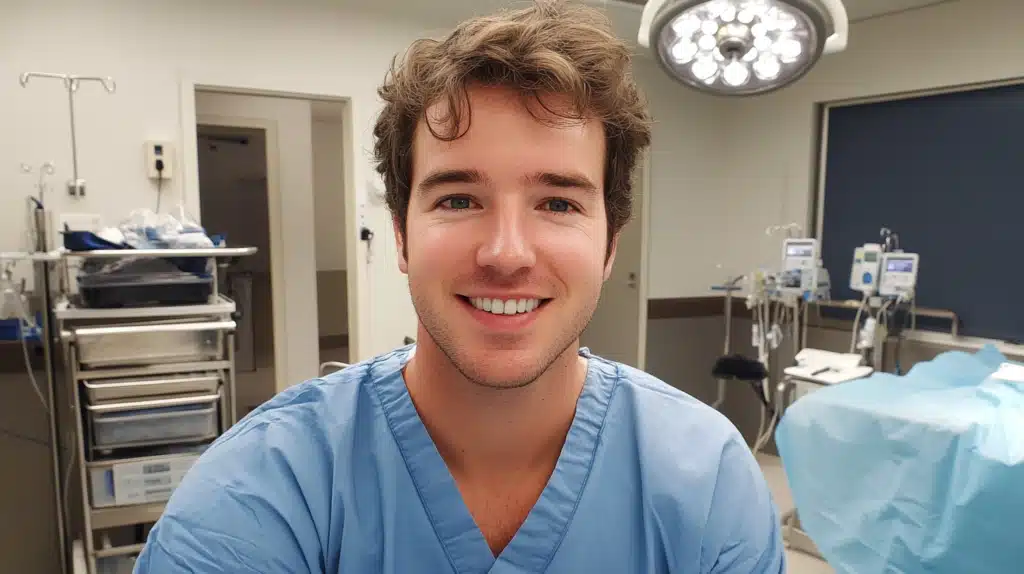When facing surgery, you might wonder how soon you’ll be back on your feet. Surprisingly, not all surgeries have the same recovery timeline. Certain procedures, such as minor laparoscopic surgeries or dental extractions, typically have quicker recovery periods, often allowing you to resume normal activities within days. This can be reassuring if you’re concerned about extended downtime and disruptions to your routine.
Recovery speed depends on several factors, including the type of surgery, your overall health, and adherence to post-operative care instructions. For instance, advancements in surgical techniques, like minimally invasive procedures, significantly enhance recovery time. Procedures such as arthroscopic knee repairs or cataract surgeries are designed to get you back to your regular activities with minimal interruption.
You should focus on following the guidelines provided by your healthcare team to accelerate healing. Maintaining a balanced diet, staying hydrated, and getting gentle exercise contribute to smoother recoveries. If you are keen to learn about different surgeries and their respective recovery times, diving deeper into this topic could provide valuable insights for making informed healthcare decisions.
Types of Fast-Recovery Surgeries

Fast-recovery surgeries have gained popularity due to their minimal downtime and quick return to daily activities. These procedures often involve less invasive techniques, resulting in shorter healing periods and reduced discomfort.
Cataract Surgery
Cataract surgery is a widely performed procedure aimed at restoring vision clarity by removing the clouded lens and replacing it with an artificial one. This surgery usually takes about 30 minutes and is done on an outpatient basis. Most patients experience significant vision improvement shortly after.
Full recovery typically happens within a few weeks. Advancements in surgical techniques have made cataract surgery one of the fastest surgeries in terms of recovery. For more details, consult an ophthalmologist specializing in cataract surgeries.
Dental Procedures
Many dental procedures such as tooth extractions, fillings, and root canals offer rapid recovery, often allowing you to return to daily activities the next day. The use of local anesthesia and minimally invasive techniques contributes to the speed of recovery. Swelling and discomfort are usually manageable with over-the-counter pain medication.
Although recovery times can vary depending on the complexity of the procedure, the straightforward nature of these treatments generally results in prompt healing.
Endoscopic Surgeries
Endoscopic surgeries are minimally invasive techniques used to diagnose and treat medical conditions. By using a thin tube with a camera and instruments, surgeons can operate through small incisions.
These procedures, common in gastroenterology and orthopedics, generally allow for a much quicker recovery compared to traditional surgery. Hospital stays are often significantly reduced, and patients can resume normal activities sooner. Less tissue damage and fewer complications make endoscopic procedures a preferred choice for both surgeons and patients aiming for fast recovery.
Recovery Tips and Care
Efficient recovery from surgery involves following specific postoperative guidelines and utilizing patient support systems to aid in your healing process. These elements are crucial for enhancing recovery speed and ensuring optimal health outcomes.
Postoperative Guidelines
Adhering to detailed postoperative instructions is essential for a smooth recovery. You should pay attention to guidelines such as maintaining a balanced diet rich in nutrients, which promotes healing. It is important to manage pain with prescribed medication, if necessary, and to monitor any changes in your condition.
Gentle physical activity, like walking, helps improve circulation and prevent complications. Consistently following the advice of your healthcare provider regarding wound care and activity levels can prevent setbacks. Make sure to attend all follow-up appointments to track recovery progress.
Patient Support Systems
Having access to a solid support system can significantly improve your recovery experience. Enlist the help of family or friends who can assist you with daily tasks and provide emotional support. It is beneficial to communicate with them about your needs and limitations during recovery.
Consider joining support groups, either in-person or online, where you can share experiences and gain insights from others who have undergone similar surgeries. Professional counseling or support services can also be valuable, offering guidance and helping to manage anxiety or stress during your recovery journey.















